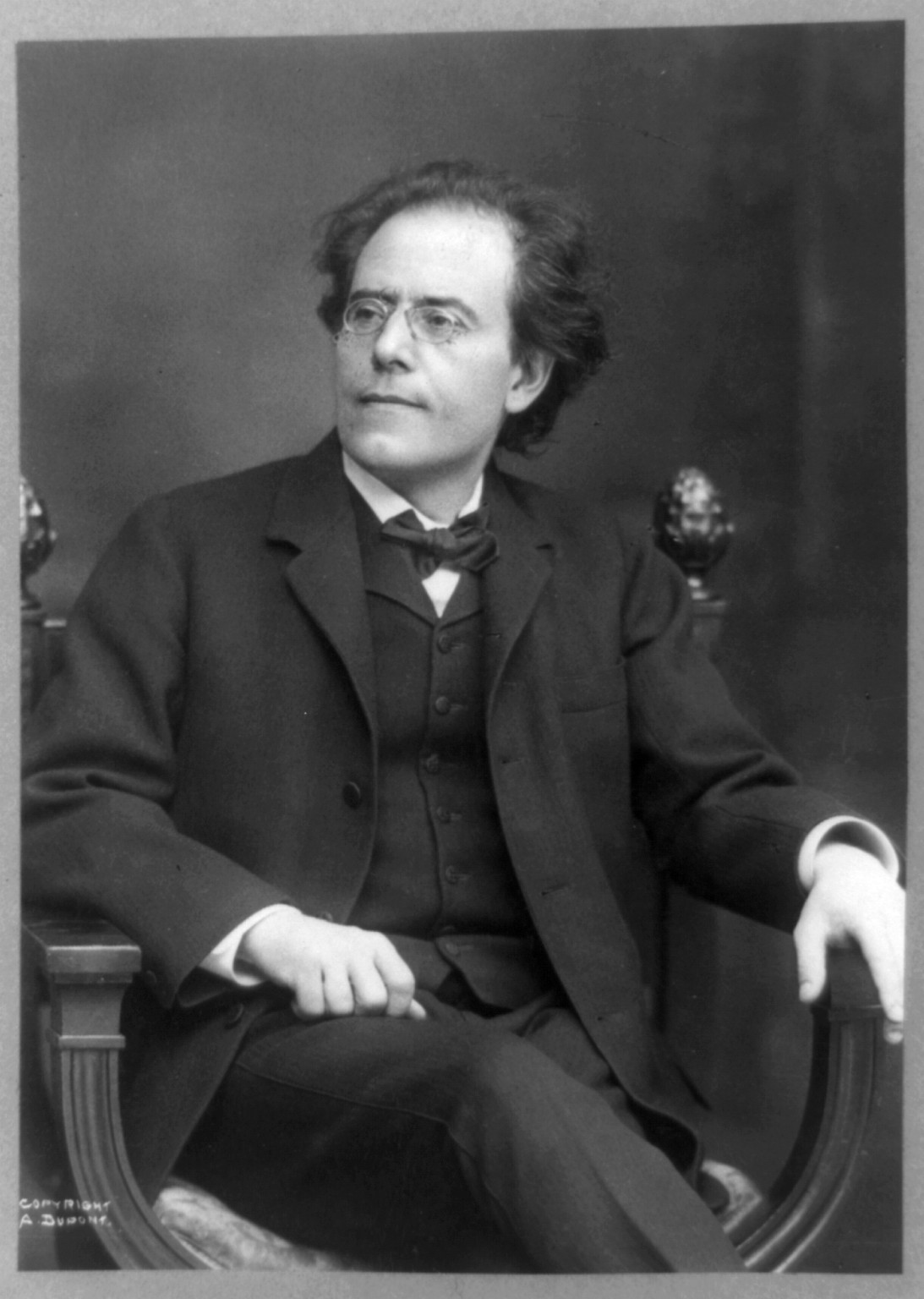Gustav Mahler was born in Kalischt, a small village by Iglau in Bohemia--today's Czech Republic--in 1860. He was the son of working-class Jewish parents and exhibited musical talent at an early age. By 1880, the young Mahler began what would prove to be a long and far-traveled conducting career: one that would gain him great notoriety. He worked his way through posts in Kassel, Prague, Leipzig, Budapest, and Hamburg for the next 17 years.
 |
In 1897, Mahler received a controversial appointment to the post of Kappellmeister at the Vienna Court Opera--the Austro-Hungarian Empire's premiere musical venue. His time there was marked by attacks from the press and Viennese musical elite as well as remarkable success. It was also during this time that Mahler met Alma Schindler, who would become his wife in 1902. By 1907, however, his time in Vienna came to a close under intense pressure, mostly due to his tyrannical manner on the podium and his Jewish heritage. The last four years of his life were spent in transit between the United States and Europe, with Mahler conducting a full schedule with the New York Philharmonic as well as making appearances on the Continent. (Franklin 1991, 26) |
All the while, Mahler managed to work on what many now consider to be his most significant contribution to Western art-music--his nine symphonies and various song-cycles. These works often stretched the size and capabilities of the orchestras of the day. They also contained deep emotional attachment; flowing from the his closest philosophies. Mahler's symphonies and songs explore life and death and range from old pan-germanic folk songs to settings of deeply philosophical, contemporary writers.